Animal Farm (1945): A concise, accessible guide to everything Orwell wants you to know
Book: Animal Farm
Author: George Orwell (Eric Blair)
Year published: 1945
Approximate reading date: December 2010
My background:
For some reason, my dad either heard about this book or spontaneously decided to read it, so he asked me if I had a copy. Because I collect (hoard) books, I had two ratty copies of this book that I had picked up at a library book sale over some summer. “Let me know how it is,” I told him. And he let me know it was fantastic.
The book is small, only 128 pages, so I sat down and read it all in one sitting. And that made me realize how much I love short books. For me, Orwell did in 128 pages what other books (including 1984, in my opinion) took twice as long—or longer—to do. Even though I still had a semester left of school and couldn’t afford much time for free reading, as soon as summer hit and I finished readingDracula, I got onto a short-book reading spree: Slaughterhouse-five, The Time Machine, Anthem, The Giver. Anything that was short enough for me to read in one day won out over that same author’s longer works—and why not? It was like getting a taste of the author without having to devote a week or two to wrestling with, say, something like Atlas Shrugged.
But convenience aside, I realized how much I appreciate conciseness (one of my own shortcomings as a writer), and this book made me feel like the strongest stories, the ones with the biggest emotional impact, were the ones that hit like an asteroid instead of a meteor shower.
The plot:
The cast of this story is made up almost entirely of anthropomorphic animals residing on Manor Farm, a farm owned by humans. The animals are upset with their treatment and the conditions, and soon decide to revolt. After chasing the humans away, the animals celebrate—until they realize that in order to survive, they will still need to work hard, and they will have to create some rules of their own.
The pigs soon step up as leaders, particularly one pig named Napoleon, who has some ideas for how to change things around the farm to benefit the animals. They make a list detailing the seven commandments by which they must live: “whatever goes upon two legs is an enemy; whatever goes upon four legs, or has wings, is a friend; all animals are equal”; etc. But no matter how things change and how many times the pigs report that the other animals are eating better, working less, and are feeling much happier, the other animals don’t seem to see it.
The creatures on the farm struggle endlessly to build a windmill that keeps getting destroyed, but do not give up. An old horse named Boxer repeats the mantra of the proletariat: “I will work harder.” The sheep are unable to understand what is happening, but they blindly follow and recite: “four legs good, two legs bad.” But meanwhile, the pigs continue to transform the farm, alter the commandments, and make life better for themselves while the other animals suffer—all because the pigs have come to assert this single (altered) commandment:
All animals are equal, but some animals are more equal than others.
The commentary:
This book is one of my favorite books of all time. If not for Adverbs, which I’ve reread so many times that it would be impossible not to call it my favorite,Animal Farm would be at the top of the list.
As I said in the background information, what I appreciate more about this book than anything else is the beauty of its conciseness. This book is laden with political allegory, so saturated with it that if it were a straightforward text about Orwell’s political viewpoints, it would become irritating. But by masking well-known political figures as animals and transforming the world into a farm, Orwell’s political views come alive in a marvelous illustration of what happens when a revolution goes wrong and the power falls into the hands of, well, greedy pigs. A child could read this author-proclaimed “fairy story” and might miss out on the numerous careful, concrete political tie-ins, but would still manage to understand its message.
At the risk of going on as long as my Dracula post, I would like to add that the reader experience of this text is incredible. We know what’s happening, we can see what’s going to happen, but as each change is made, as the pigs manage to take more and more control, each move still comes as a surprise or contains an unexpected, brilliant twist. The ending of the book settles upon the reader with an uneasy, chilling, satisfying sense of completion and horror. My only wish for this book is that I could un-read it so I could have the pleasure of reading it for the first time again.
Reading length:
128 pages, took me a couple of hours to read.
The verdict:
This is one of the best books I’ve ever read.

